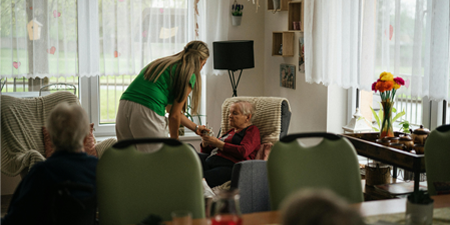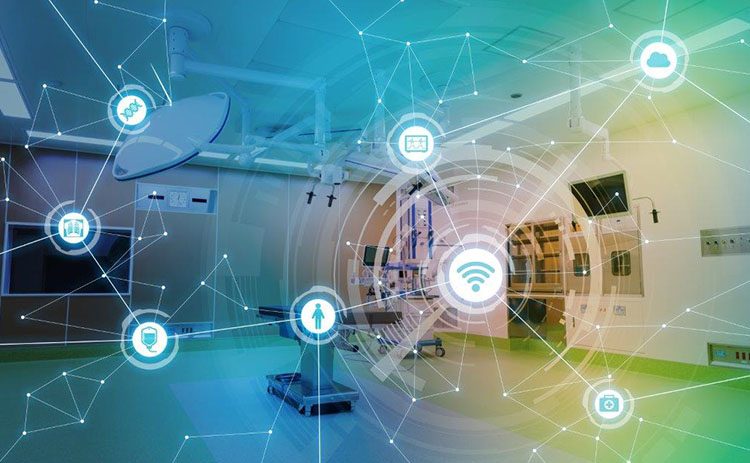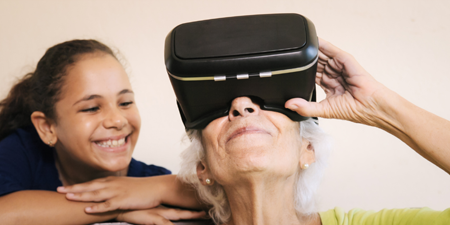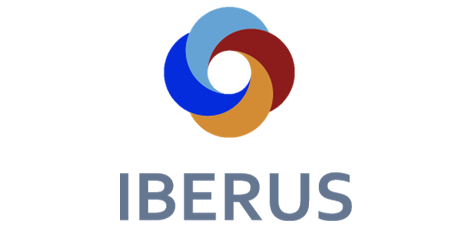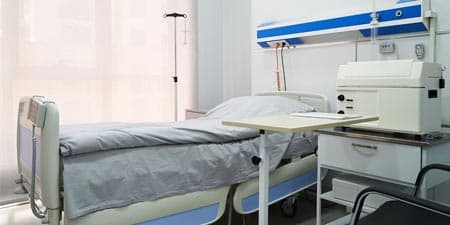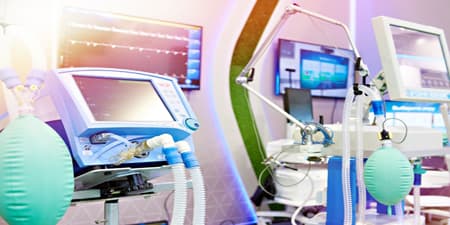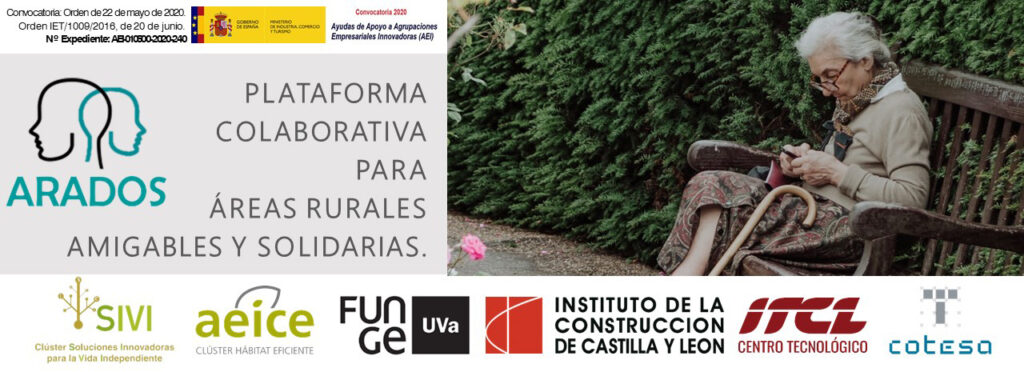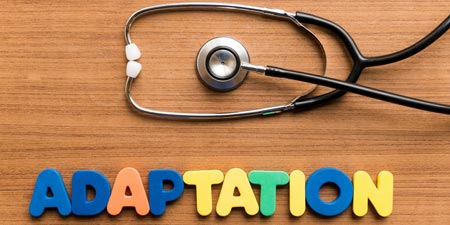Health technologies
Health technologies
Recent studies have shown that by the application of technology can reduce the number of hospital stays, on average, a 15%. This data shows the necessity of the application of health technologies in order to achieve a more sustainable healthcare system and saving up costs.
Population aging makes investment in health technologies offer a promising future in prevention and treatment of diseases, apart from automatizing management tasks such as pathology prevention, as well as allowing tracking patients without the necessity of them going to the hospital.
Personalized or precision medicine developing new chemical and biological entities is a must in this area. Likewise, it will become more necessary to have sanitary products and technologies which allow early diagnostic, forecast and treatment of diseases, including advanced therapies such as immunotherapy or gene therapy.
This field introduces main sectors such as biomedicine, bioelectronics, biomechanics and bioinformatics for the development of products and components, sensory systems for the analysis and measurement of biomedical and biomechanical parameters, mechatronic systems of action and analysis and development of custom algorithms for problem solving. Miniaturised systems, for application throughout the healthcare life cycle.
ITCL works in the following technologies:
- Big Data Architectures
- Customized electronic systems for experimentation
- Bioelectronics
- Bioinformatics
- Biosensors
Projects
AI4HOPE – Artificial Intelligence based health, optimism, purpose and endurance in palliative care for dementia
AI4HOPE focuses on implementing an Advanced Care Planning System for dementia patients and caregivers, integrating emotion regulation and pain management with AI models to improve care while recognizing dementia as a life-limiting disease.
Duration: 2024-2027
PREVENT – Prevent Cancer by Managing Childhood Obesity
PREVENT enhances the scale-up of primary interventions for weight control during childhood and adolescence to reduce cancer risks in adulthood
Duration: 2023-2027
HosmartAI – Intelligent Hospital Development
The HosmartAI project will create a common open integration platform, with the necessary tools to facilitate and measure the benefits of integrating digital technologies (robotics and AI) into the healthcare system.
Several large-scale pilot projects will make it possible to evaluate the various improvements in several hospital environments:
Medical diagnosis, surgical interventions, disease prevention and treatment, rehabilitation support and long-term care.
Duration: 2021 - 2024
VIRTUALIZA – Virtual Training Platform for SME´s
Virtualiza arose from the need to offer more personalised training to users with certain dependencies or functional limitations, such as the elderly and people in vulnerable situations in general
Duration: 2021-2022
TRIAGE SMART DECISION – AI Based COVID Triage System for Hospitals
Carrying out prior triage in hospital emergency services, through artificial intelligence techniques, carrying out the first screening and differentiation of COVID or non-COVID users.
Duration: 2021 - 2023
IBERUS – Biomedical Tech for NMS Degeneratice Pathologies
IBERUS is the name of the Network of Excellence of the 4 Technology Centers (CCTT) that have defined a Strategic Program with the aim of stimulating the Cervera 15 Priority Technology, framed among the technologies for health, both in the research and development activities of the centers themselves and in the business and clinical context
Duration: 2021 - 2023
Cama UP – Tech fot Enhanced Personal Mobility
Cama UP aims to improve personal autonomy in basic activities of daily living for certain people with functional mobility. The innovative CAMA-UP technological system aims to help certain people in this group to be self-sufficient in these actions, avoiding the help of the main caregiver or third parties for this purpose and promoting their autonomy and personal independence.
Duration: 2020-2022
INN-MEDICAL – Innovative Medical Response to Pandemics
This project was born out of the terrible impact caused by the COVID19 pandemic and aims to promote a leading Spanish national industry in the field of medical equipment.
Duration: 2020 - 2024
ARADOS – Collaborative Platform for Rural Areas
ARADOS - Collaborative Platform for Friendly and Supportive Rural Areas - European Project The main objective of the ARADOS: Collaborative Platform for Friendly and Supportive Rural Areas project is to develop a new pilot system that allows the integration...
CAMASMART – Adaptive device to improve the autonomy of people in and out of bed
The CAMASMART project: "Adaptable device for improving the autonomy of people in bed entry and exit" is a cooperative project that aims to develop the methodology that generates the technical specifications of a pre-prototype solution that fits the need detected in the field of dependence, in the access/exit of an ordinary bed, through adaptable devices.
Duration: 6 months

